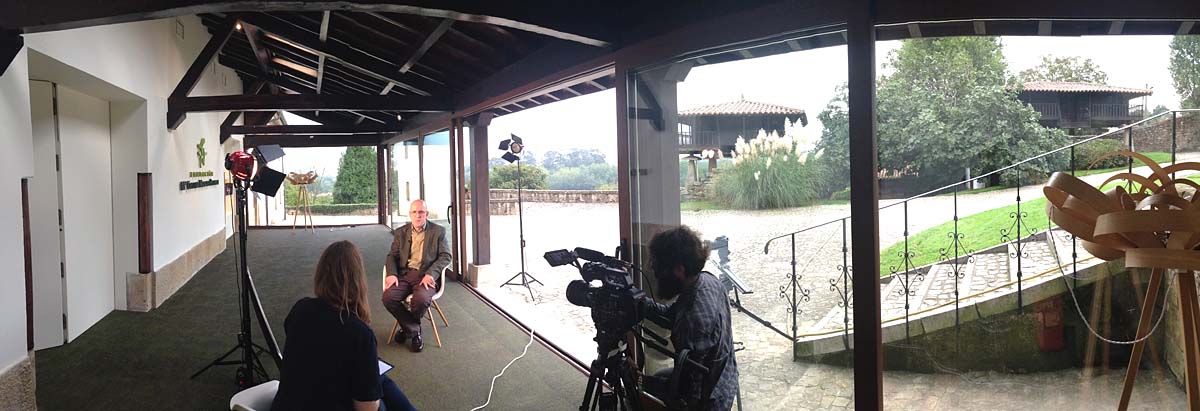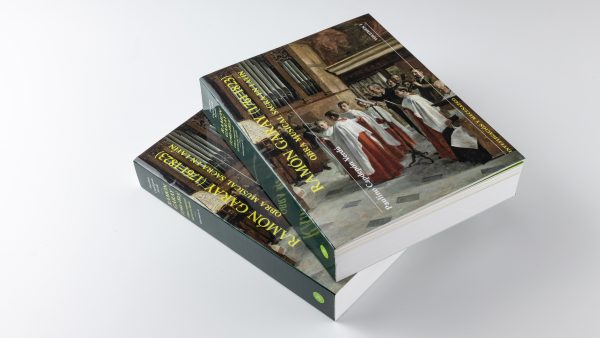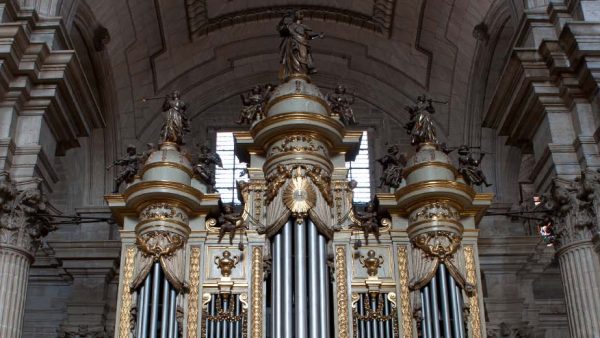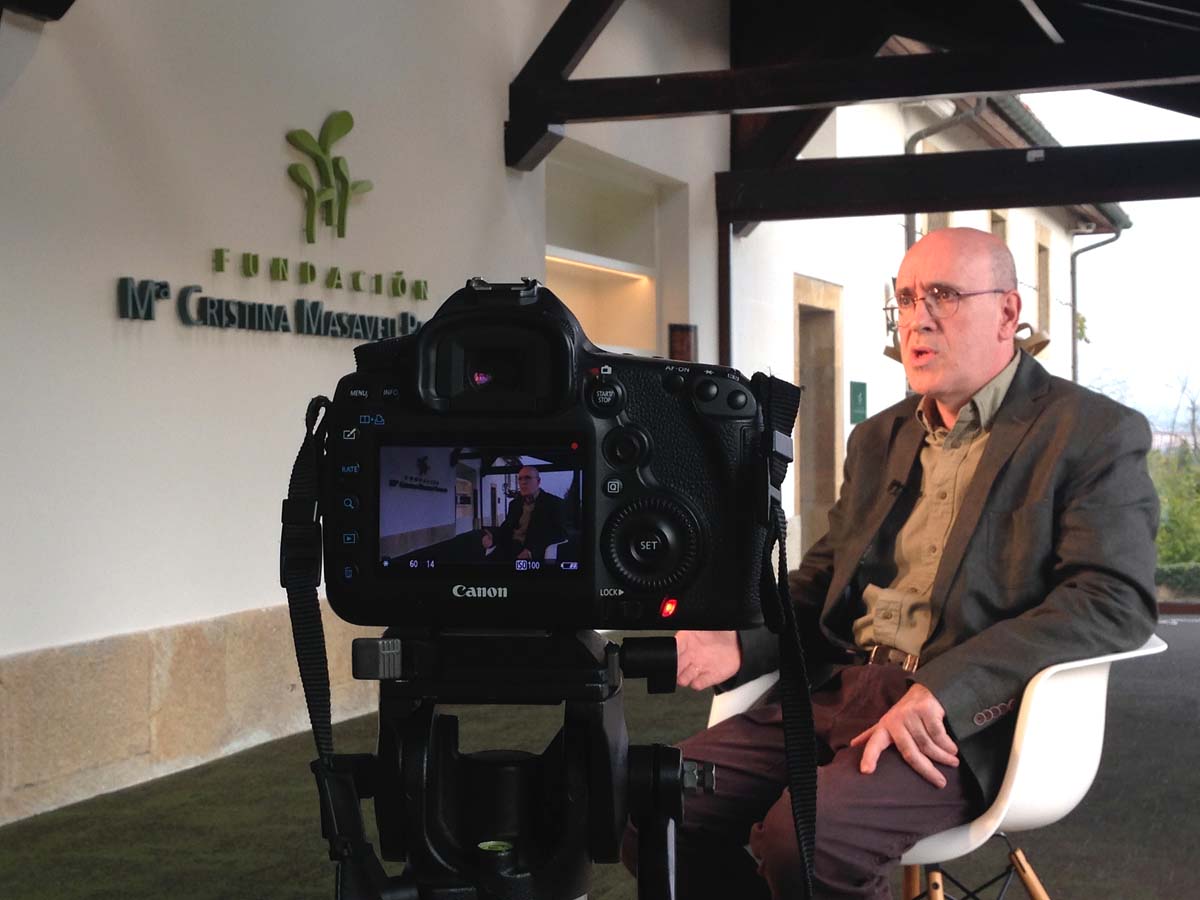
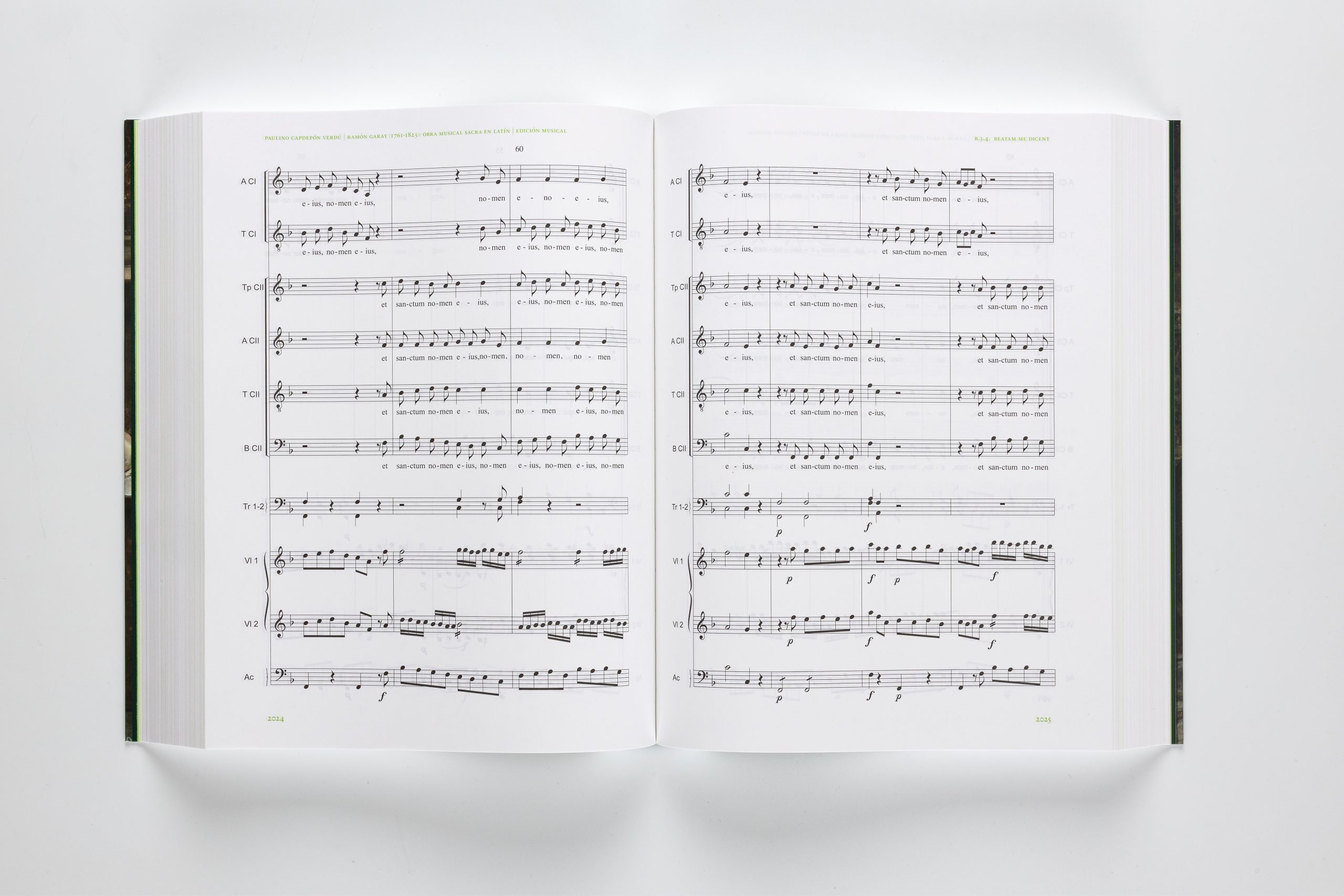
RAMÓN GARAY (1761–1823):
SACRED MUSIC WORKS IN LATIN
2023
The eighteenth-century music scene represented one of the golden ages of Asturian and Spanish music, coinciding with a period of exceptional brilliance in the wake of the changes brought about by the ideas of the Age of Enlightenment and resulting in an unprecedented outpouring of musical activity.
As during previous centuries, the main musical centres were still the music chapels of cathedrals, collegiate churches and monasteries, where the most important composers of the time carried out their work. It was precisely at the music chapel of the cathedral of Oviedo that one of the most outstanding composers in the history of Asturian and Spanish music received his training: Ramón Garay, born in Avilés in 1761.
Despite being one of the most influential authors of his time, the majority of the great musical heritage left by Ramón Garay has been totally neglected. Recovering and studying the human and musical personality of this Asturian composer is therefore an endeavour of the utmost importance.
In 2016 we published the first research project dedicated to the composer, conducted by Dr Paulino Capdepón Verdú. His two-volume publication EL COMPOSITOR ASTURIANO RAMÓN GARAY (1761-1823) [THE ASTURIAN COMPOSER RAMÓN GARAY (1761–1823)] made a magnificent contribution to the appreciation and dissemination of the composer’s religious vocal music in Spanish, rescuing an extensive and exquisite musical repertoire for performers.
Increased interest in this musical legacy led to a second research project by the same author, this time focused on the analysis and promotion of a broad selection of the vast body of sacred music works in Latin composed by Ramón Garay, and also on the historical and musical context of the eighteenth and early nineteenth centuries in Spain, and in Jaén in particular. These studies culminated with a new publication in 2023, coinciding with the bicentenary of the composer’s death (Garay y Álvarez, Ramón Fernando. Avilés, Asturias, 27 January 1761–Jaén, 8 January 1823). In addition to a broad representative selection of his work, the publication includes the critical transcription of selected extant manuscript works and their subsequent stylistic analysis. The masses, responsorial chants, psalms, Magnificats, Stabat Maters and Te Deums that have now come to light will provide choirs and performers today with access to a rich and hitherto unpublished repertoire.
We hope that both publications will contribute to the recovery of an extraordinary musical heritage by making it much more accessible to scholars and aficionados. It is our fervent desire that, through a greater appreciation of his work, Ramón Garay, one of the most important composers of the eighteenth century, will finally occupy his rightful place in the history of Spanish music.
GALLERY

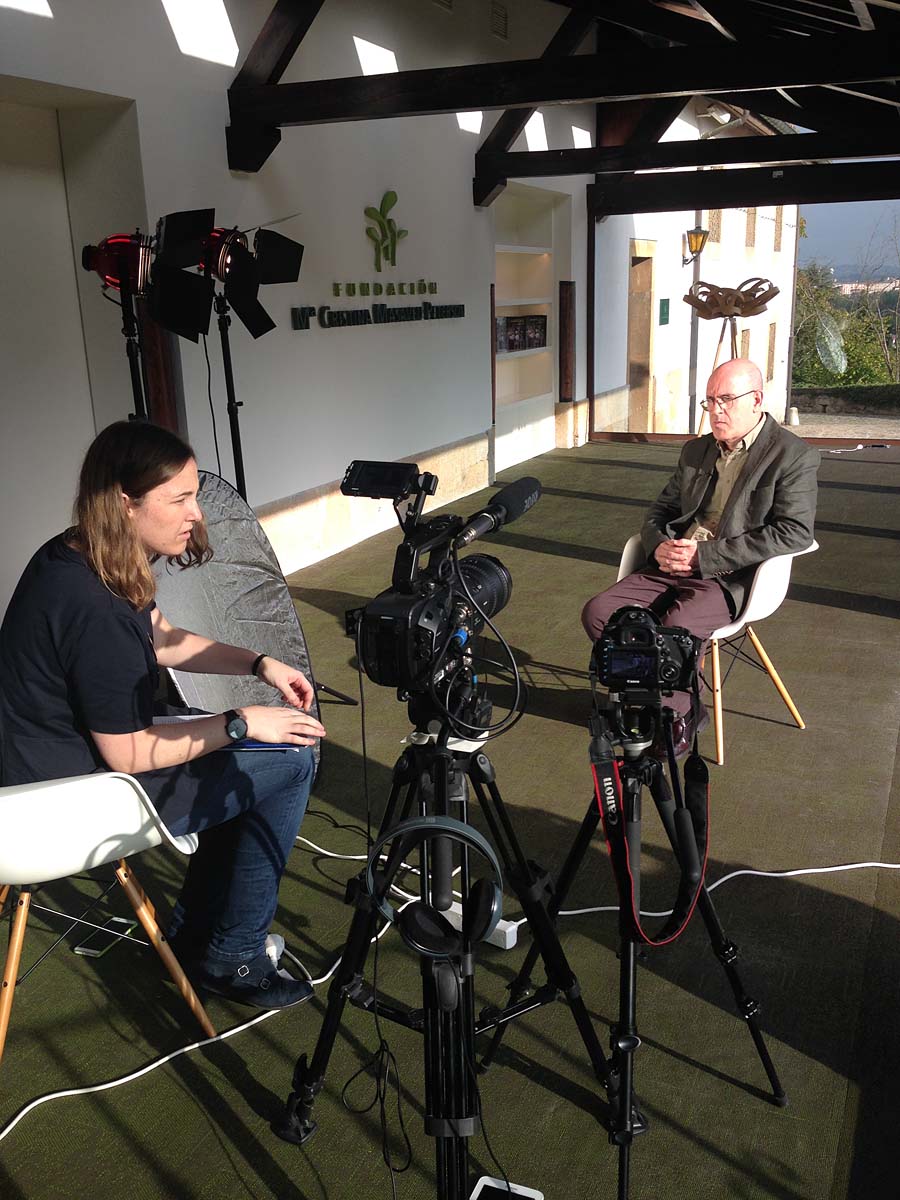
galeria_garay_01
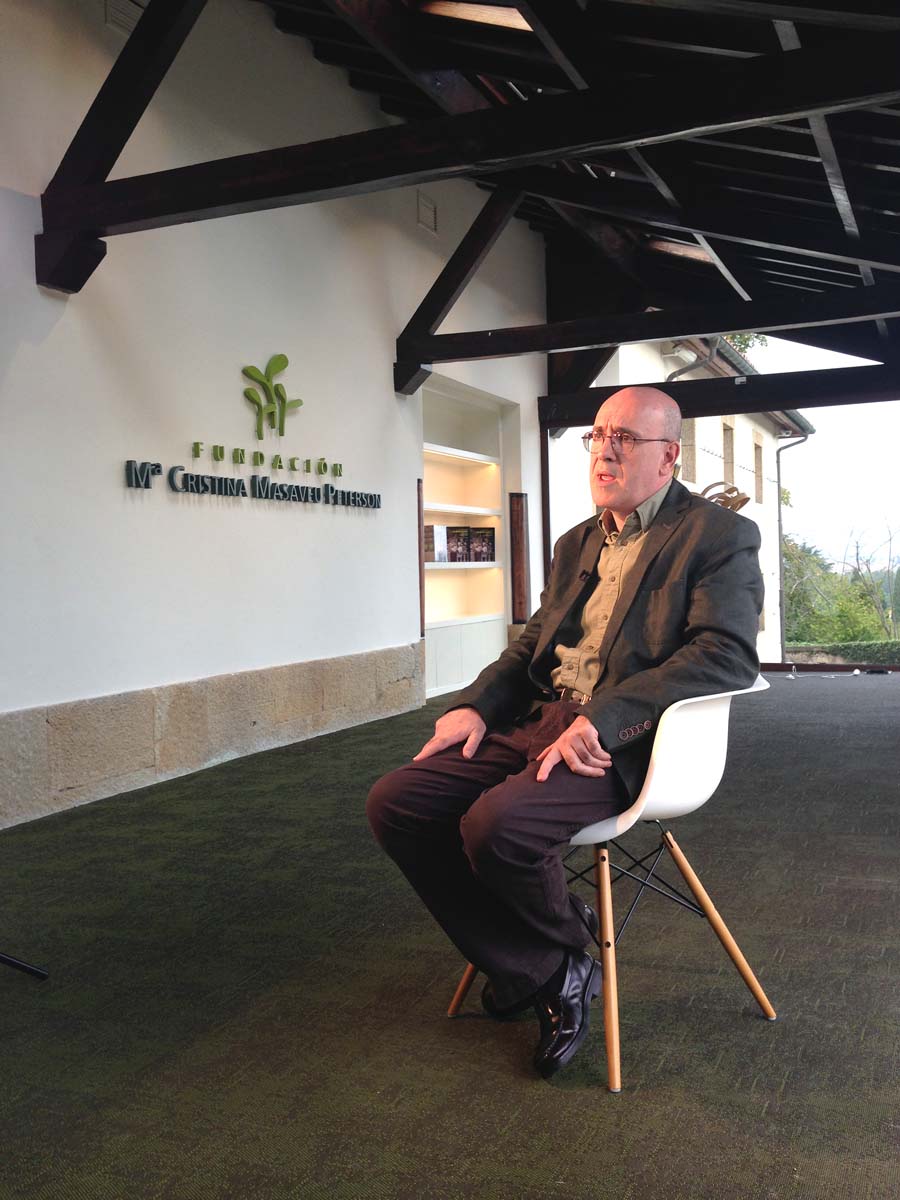
galeria_garay_03
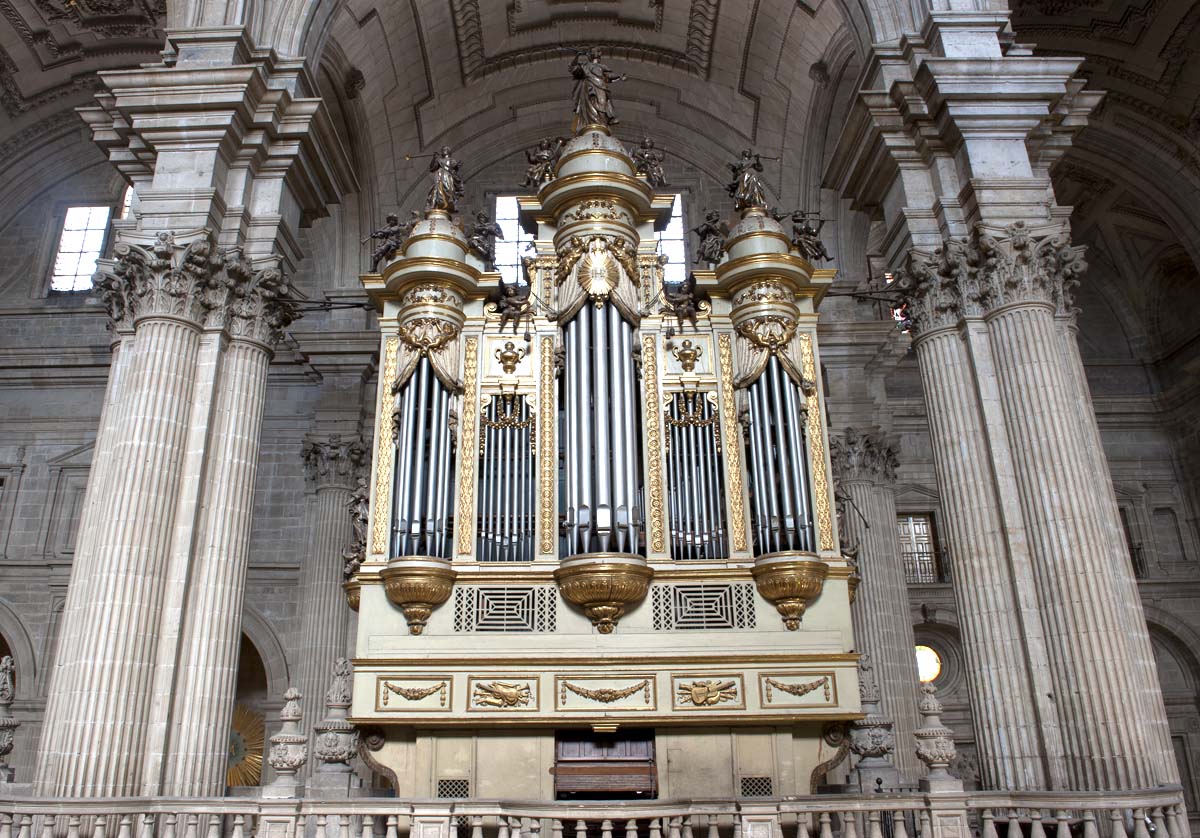
galeria_garay_05
